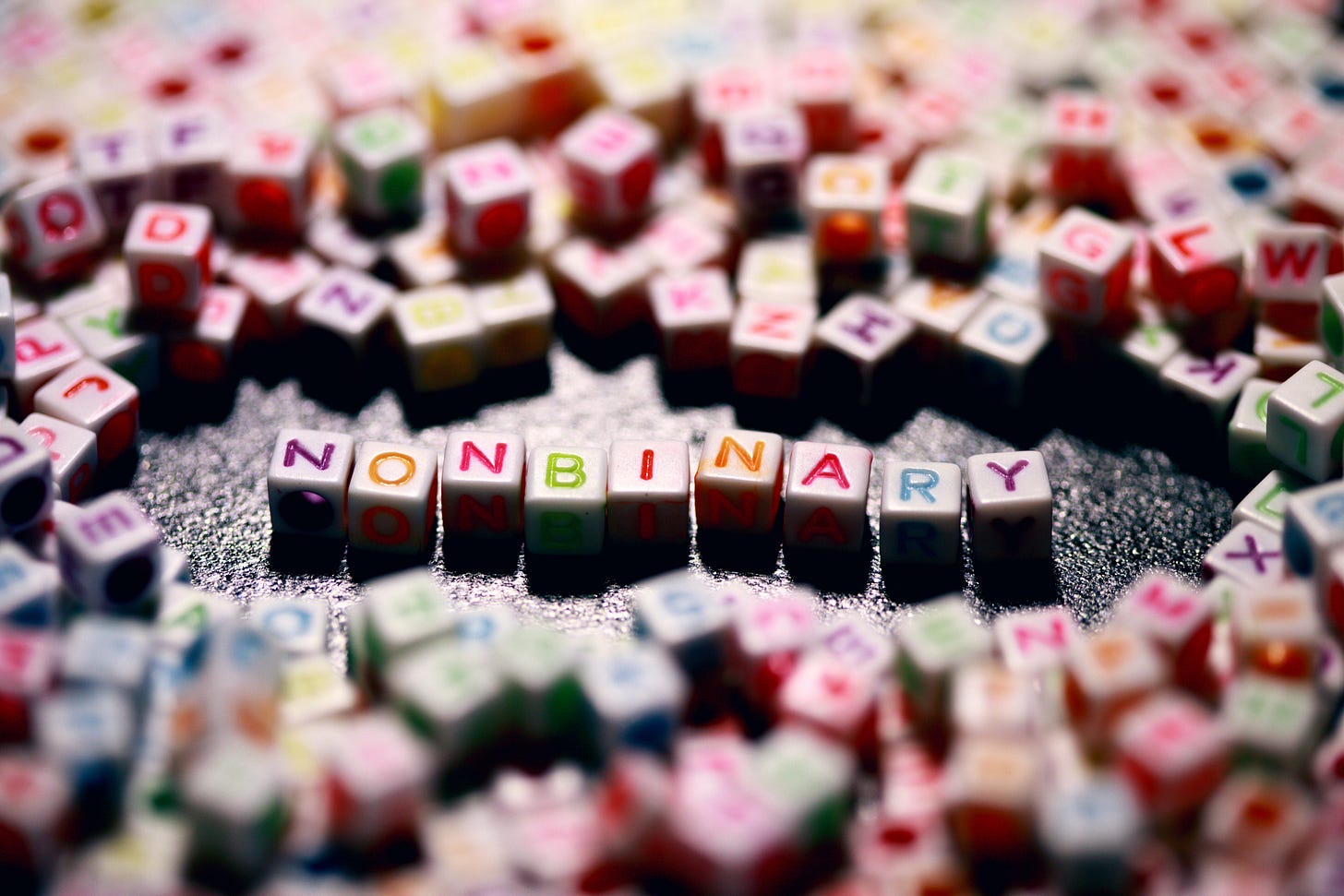On June 28, 1969, a riot was ignited outside of the Stonewall Inn in Manhattan by gay, trans, lesbian, and bisexuals who were protesting the violent police raids on bars and other establishments that served the LGBTQ+ community. Those at Stonewall rioted against the oppressive culture our country had allowed to flourish. They demanded the right to live freely and they fought to have equal protection and rights under the laws of this country.
The first Pride marches began a year after Stonewall, and were a way for the LGBTQ+ community to speak up proudly within a system that needed radical change.
…and still does.
While Pride month is a time of celebrating identity with joy, it is also a time to remember those who are no longer with us, and a time to reaffirm that there are many who still live in fear and cannot show up as their full selves.
As June began, I was reminded of the importance of pikuach nefesh, which is often translated as “saving a life”, as organizations have beautifully raised it up to frame community gatherings for Pride. The intention of this concept is that safeguarding a human life takes precedence over every single other commandment.
In Judaism, there is nothing as important as a life; we all need to be aware of who among us is not safe and actively help move them into a place of safety.

As I was appreciating the use of pikuach nefesh as a way to engage in important and meaningful conversations, I was also thinking about this value through a lens of the work I’m doing now.
Pikuach nefesh translated literally is the “supervision of a soul” and, if you’ll allow me a stretch of this phrase, it could also be used to describe the holy work of the Hevra Kadisha, the group of people who help to ritually prepare the deceased for burial. After a person dies, and before burial, the soul is thought to be in a state of transition and needs to be watched over. It’s one of the reasons that we never leave the body alone and the deceased is treated with the utmost respect and care.
How might we show up for our whole community in death as we do in life?
Most Hevra Kadisha are divided on a binary gender line: men with men and women with women. The liturgy is also gendered.

Until recently, I had not thought about the implications of this tradition for so many people for whom gender and identity are not binary, and who, in death, might not be able to advocate for themselves.
In honor of Pride, I am sharing the work of the Community Hevra Kadisha of Greater Boston who created a model for gender inclusive tahara and wrote an informative and insightful guide with text and ritual: Toward a Gender-Inclusive Hevra Kadisha.
I’ll leave you with the poem that the guide opens with, Taharah by Miller Oberman. His writing is a powerful reminder of the respect due to all people in life and in death.
Shabbat Shalom.
Tahara
By: Miller Oberman
I’m wondering about you, chevra kadisha,
the “holy society,” who will prepare my body,
once I’m no longer in it, for the earth.Will you know me already, or see me for the first time
as you wash and shroud me, as my father was washed
and dressed in simple white tachrichim, for thoseabout to stand before God. Perhaps by then I’ll know
if I believe in God. I like the democratic
nature of the shroud, an equalizing garment. Youmay see a body that surprises you. You may not have seen
a man’s body like this one before you, which I hope is very old,
wrinkled, and (since I’m wishing) fit, muscledas much as an old man can be. You’ll see scars.
Ragged dog bit forearm, elbow my father picked gravel
from over the sink, then flushed with foaming iodine,and the long double horizons on my chest, which trunked my body
like a tree. If I am unexpected, let me not seem
grotesque to you, as I have to many people, perhapseven my own parents, and others whose highest
kindness was to say nothing. Please let me return to dust
in peace, as the others did, and recite those beautiful psalms,remembering, as you go about your holy ritual,
how frightening it is to be naked before another,
at the mercy of a stranger’s eyes, without even any breath.
Learning Opportunity
From June 13-15, Kavod v’Nichum is virtually hosting their annual conference on topics surrounding Jewish end of life. You can attend the full conference or sign-up for a couple of sessions. Click here to learn more about what’s being offered and register.




It also occurs to me that we can broadly interpret pekuach nefesh and protecting aliveness (in this case by opening a safe, inclusive space where in the past it was necessary to "be invisible" for reasons of physical and psycho-spiritual safety). Thank you Sarit for opening this important conversation.